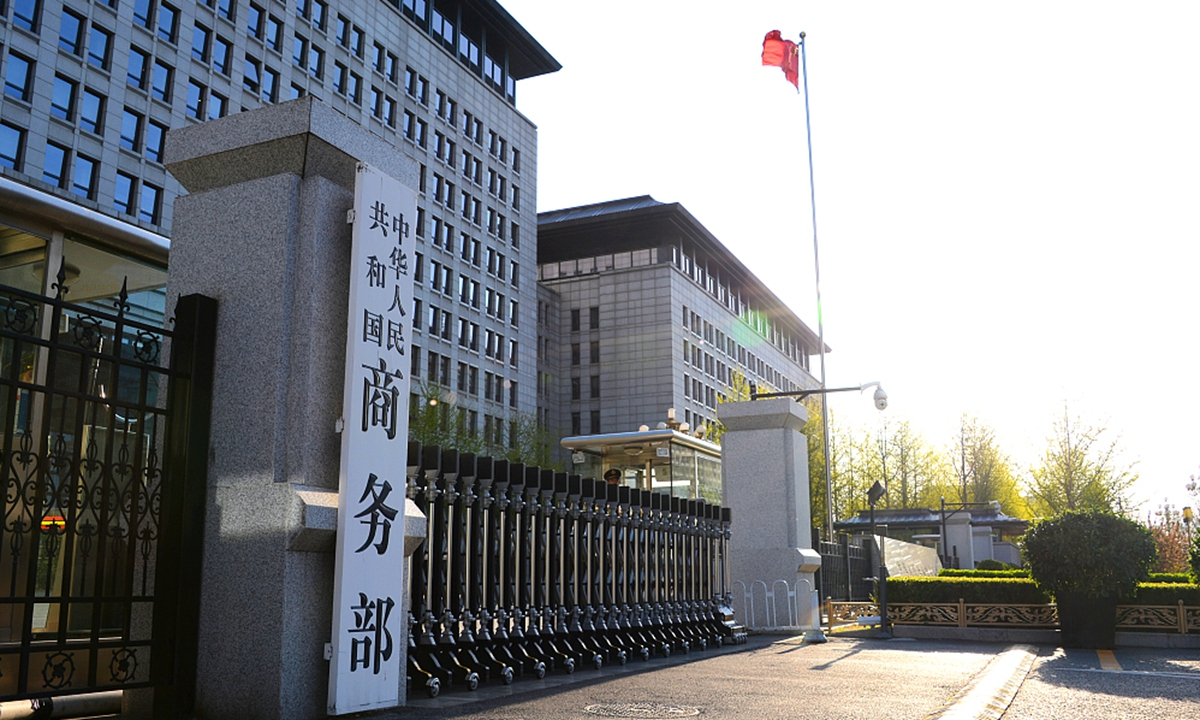Major Shareholder Cuts Stake: Impact on Beijing Jingneng Heat Power

The recent announcement by the Zhongshan General Technology Venture Capital Center about its intention to pare down its stake in Beijing Jingneng Heat Power Co., Ltd. is an event that merits close scrutiny. While the shareholder currently holds 6,149,833 shares (approximately 2.33% of the company's capital), the planned reduction to 2,636,400 shares will significantly alter the company’s capital landscape. This move has implications not only for the company but also for investors, regulators, and the market in general, given the backdrop of market volatility and economic uncertainty.
The rationale behind this divestment is reportedly tied to funding needs for operational activities. Such changes in shareholding structures can often be indicative of underlying economic trends. Amid rising interest rates and tightening monetary policies observed in many economies, including potential quantitative tightening suggested by recent inflationary pressures, investor sentiment could be swayed. Could this signal a broader trend among institutional investors to liquidate positions in power sector companies? Historical patterns suggest that divestment in times of unclear economic trajectories may culminate in perceived instability within the stock, echoing events from the 2008 financial crisis when markets faced confidence crises in affected sectors like finance and real estate.
Moreover, it's important to assess the potential risks associated with this impending stake reduction. Although the shareholder has committed to comply with existing securities regulations, the reality remains that the announcement could induce stock price fluctuations and increased market volatility. Investors might react to this news by questioning the confidence levels of existing shareholders, potentially leading to selling pressure on the stock. Furthermore, the timing of the sale is contingent upon market conditions, which introduces additional uncertainties; as we know, in volatile markets, even minor news can lead to substantial price swings. The question remains: Is the market genuinely prepared for this reduction, or could it reflect deeper systemic issues that have yet to be addressed?
Nonetheless, while the sale is significant, it is crucial to underline that it does not affect control or the management structure of Beijing Jingneng Heat Power Co., Ltd. Thus, for the long-term perspective, it presents both a risk and an opportunity for investors. Enhanced scrutiny on this transaction may reveal nuances that could accelerate shifts in strategy or operational efficiencies that the new ownership levels might instigate. Investors will need to stay alert to the periodic updates as the sale period approaches. Critically, while institutional adjustments like these are commonplace, their implications on stock performance should not be underestimated. In keeping with historical precedents, discerning through the noise and evaluating the underlying health of the company will be imperative for stakeholders moving forward.
Read These Next

China Extends Anti-Subsidy Investigation into EU Dairy Imports
China's Ministry of Commerce extends the investigation into anti-subsidy claims on EU dairy imports, emphasizing fair trade practices.

Meiyang Jixiang to Buy 65% of Shanghai Xinjiyu for 1.06 Billion Yuan
Meiyang Jixiang plans to acquire 65% of Shanghai Xinjiyu for 106M yuan, prompting an inquiry from the Shanghai Stock Exchange.

Strategic Financial Adjustments for Corporate Resilience
The report outlines significant changes within a Chinese company, including new financing strategies, increased investment in fixed assets, and adjustments in internal regulations. There is an emphasis on risk management, compliance with new laws, and a commitment to operational improvement.
